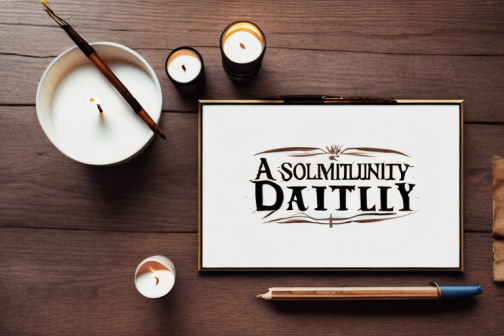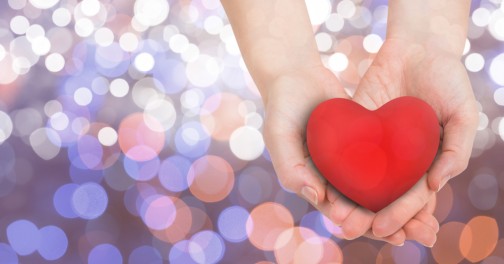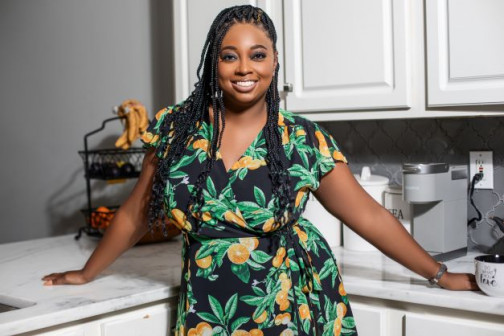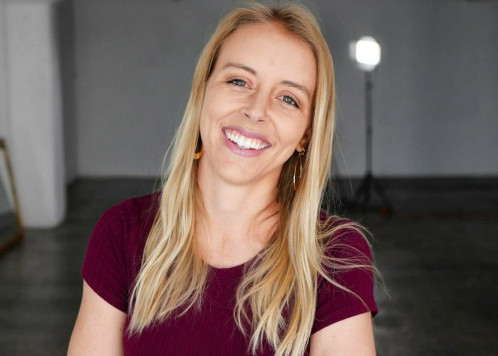Death is never easy, but amid the current COVID-19 epidemic, losing a loved one is even more heartbreaking. Severe restrictions on visiting the sick have been enacted for safety, but they have also limited our ability to offer physical comfort and share loving words. They’ve even made it impossible in some cases to say goodbye.
The Shock of Losing A Loved One During A Pandemic
With only weeks or days passing between diagnosis and death, people are left reeling, barely registering what has happened before they have to confront the next challenge: an isolated burial and grieving process. How are you supposed to feel--and what are you supposed to do--when you can’t even have a funeral? You may feel you can’t honor your loved one the way they deserved, or that you yourself can’t get the support you need--the hugs, the roomful of friends and family to lean on.
If you or someone you care about is struggling with a loss under these conditions, please understand more than ever that there is no right or wrong way to grieve. Grief is a personal physical, emotional and mental response to losing something we are deeply attached to, and our bodies instinctively know how to lead us through it. The pain and loss are permanent, but healthy grief is what allows us to eventually integrate that pain with a life fully lived.
Isolation Can Hinder the Grieving Process
That said, the trauma of being physically separated when we need personal contact the most may be amplifying certain aspects of the grieving process, and it’s important to understand how that can affect us.
You may feel physically and emotionally numb one minute before being overtaken by overwhelming pain. Mentally, our minds will try and cope by cycling through all the different ways we can attempt to make sense of what just happened. Denial and anger will come and go. This initial phase will exhaust us on every level, so rest, self-care, and nutrition are critical. Rely on others, or if you’re in a position to help, prioritize these basic physical needs first.
From an emotional standpoint, it’s important to frame emotions as our body’s way of communicating important messages. They tell us when something is right, and equally alert us to things that are very very wrong. When an unexpected crisis like COVID-19 hits, and the mind can’t keep pace or make sense of the developing chaos, our emotions might feel like they’re firing on all cylinders to reflect the enormity of the danger that’s being perceived.
Whatever You're Feeling, It's Valid
Anger, guilt and anxiety may settle in and encourage us to place blame, question what we would have or should have done, or worry excessively about what lies ahead. Understand that each of these reactions is a reflection of the danger that our bodies are trying to process. Each of the emotions is normal, important to attend to, and important to respect. Talking to people who are able to listen is paramount, and if you’re in a position to offer an ear, do so unconditionally (save the advice-giving for another time). Continue to share your thoughts and feelings. There’s no such thing as too much sharing right now.
Above all, do not judge the grief. Whether it’s your own, or the grief of someone you’re caring for, respect every emotion and thought that comes through in the coming days and weeks. There’s no right or wrong way to think or feel, but there is a danger to holding it in.
You Will Still Be Able to Honor Your Loved One
Another tip: Remember that despite everything, you can still celebrate the life of the person you’ve lost. It may take a bit longer to organize a gathering given the current climate, but you will be able to hold a personal memorial or celebration. Consider planning your event for the first anniversary of their loss. In the meantime, you should use all possible points of connection--phone or video calls, for example--to stay in touch with those who can support you and keep memories alive. Light candles, look at photos, tell each other stories, and help each other through.
If you feel that speaking to someone would be helpful, you can find qualified licensed therapists listed at GoodTherapy.org or PsychologyToday.com.
Grace Y. Lin is a licensed mental health professional practicing in New York. Visit her website here.
Recommended Memorial Products
- It's OK That You're Not OK — Permission to grieve without rules or timelines
- Bedsure Sherpa Fleece Blanket — Ultra-soft sherpa fleece throw blanket offering warmth and comfort during difficult times.
- Bearing the Unbearable — A compassionate companion for the heartbreaking path of grief and loss.


-banner.png)






